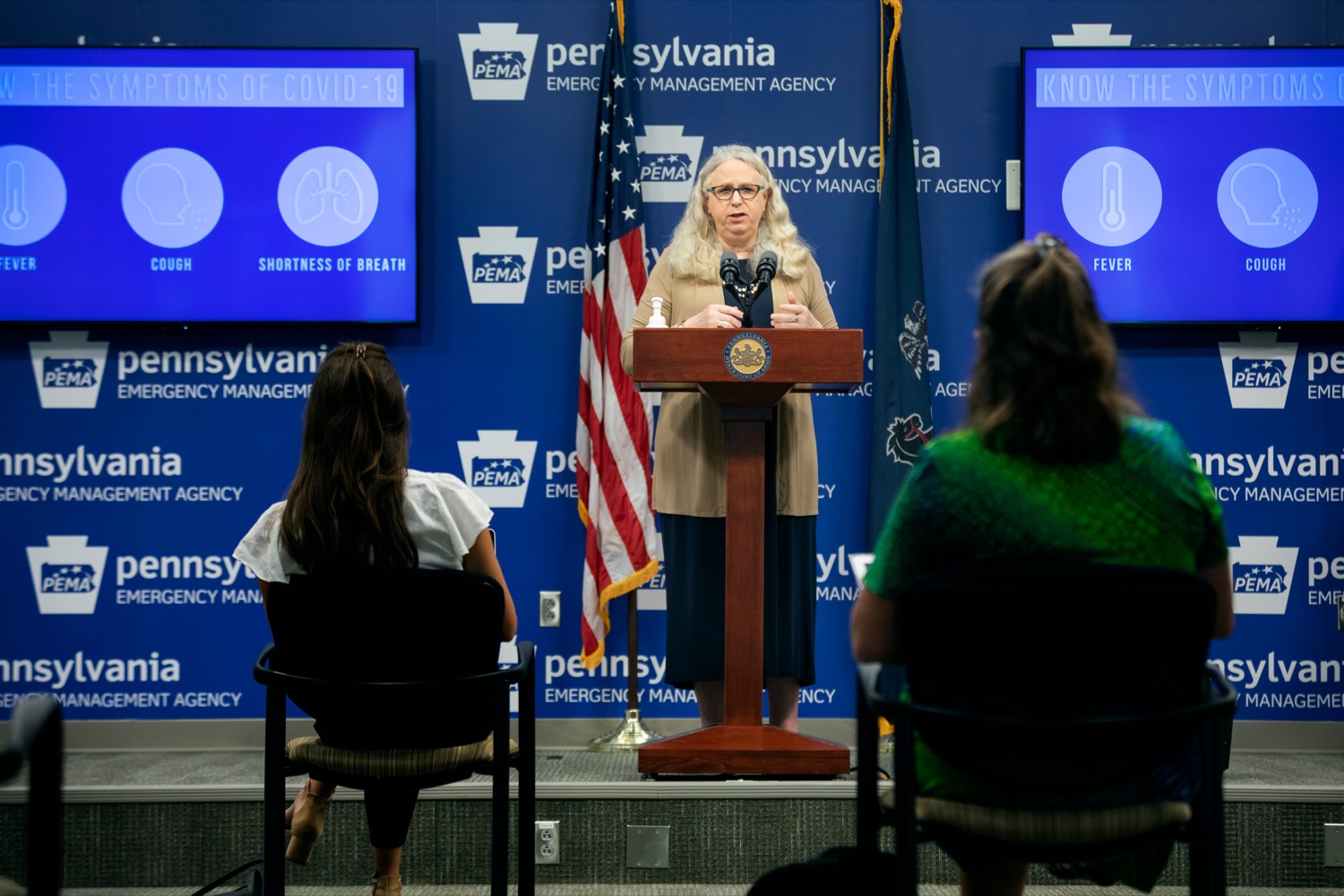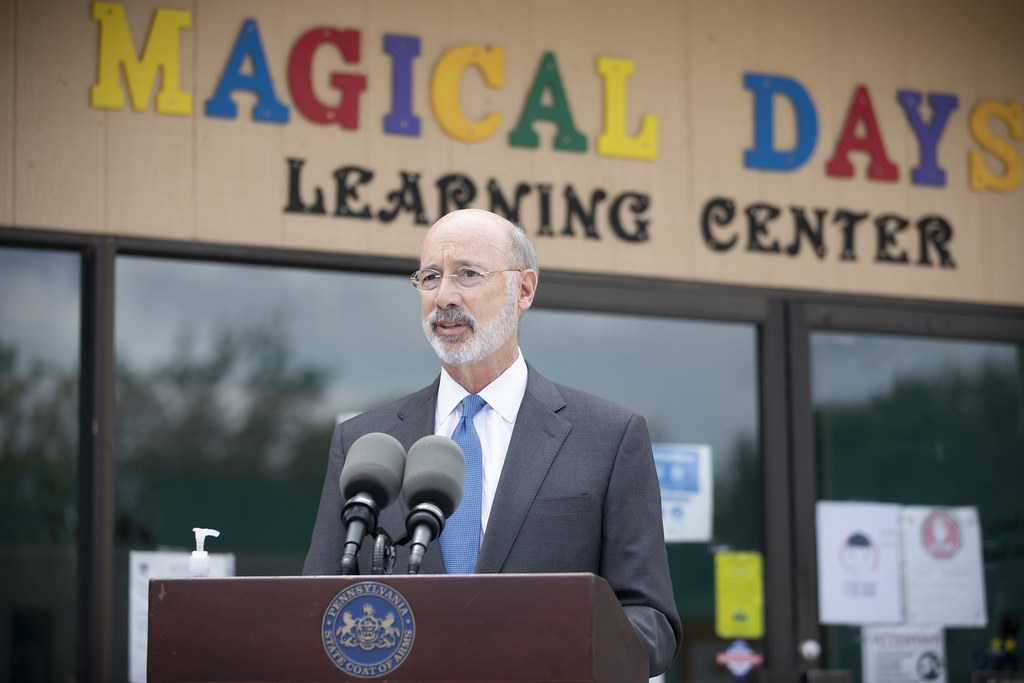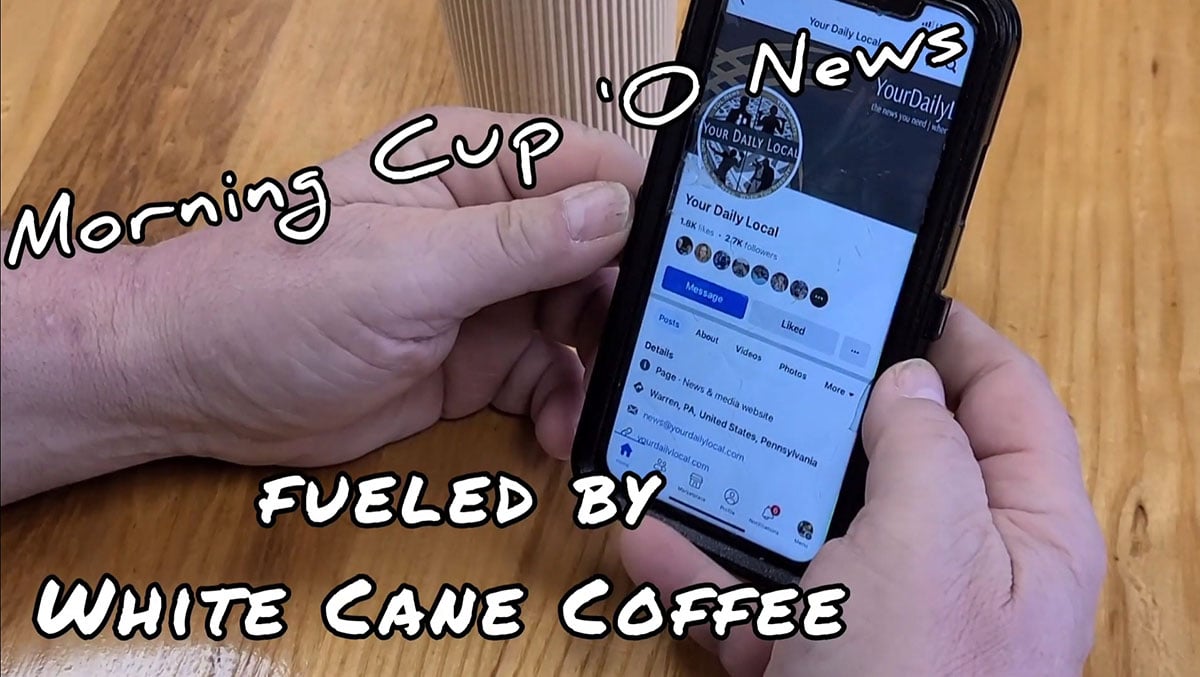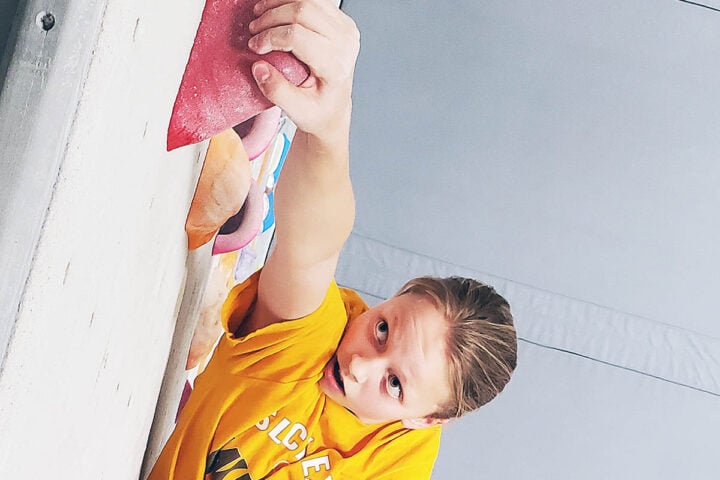HARRISBURG, Pa. – The Wolf Administration has no plans to turn its recommendation of no high school sports because of the current COVID-19 pandemic into a mandate, but Secretary of Health Rachel Levine gave a further explanation as to why that recommendation was made.
Asked during a media briefing Tuesday, Aug. 18, if Wolf had any plans of making his recommendation of no high school or youth sports until Jan. 1, 2021, into a mandate, Levine said the governor does not.
“The governor has been very clear about that,” Levine said. “There are no plans to do that.”
While Levine said there are no plans to turn the recommendation, first issued Aug. 6, into a mandate, she reiterated that the recommendation stands.
“The recommendation from the governor and myself is that all school sports be postponed until Jan. 1,” Levine said. “That would include school sports but also recreational and club sports. I think the governor has been very clear about this recommendation. We have been consistent in terms of how we are describing it and that continues to be our recommendation.”
Watch Levine’s media conference from Aug. 18 courtesy of Pennsylvania Department of Health.
Levine then furthered explained the administration’s thinking behind the recommendation.
“I think it is really important to take the same lessons about COVID-19 that Penn State took, that the Big Ten took, that the PAC-12 took and that school sports be postponed, as well as recreational sports, until Jan. 1.”
Levine, who, along with Wolf, has been criticized for not providing Pennsylvania-specific data for the administration’s recommendation, said there isn’t enough data in Pennsylvania to use Pennsylvania-specific data but that children are children no matter what state/Commonwealth they live in.
“School sports (in Pennsylvania) haven’t started,” Levine said. “School is just starting this week. So, I can’t use data from sports that haven’t officially started. We were using some data from some other states. Children in other states are really no different than children here. So, our recommendation was based upon that.”
Levine said Pennsylvania has seen an increase in the number of young people who have contracted COVID-19 in the Commonwealth – although she said the Commonwealth hasn’t been able to track those cases to sport-specific events – as well as an increase in the number of children who have contracted Multisystem Inflammatory Syndrome of Children (MIS-C), which the CDC describes as a condition where different body parts can become inflamed, including the heart, lung, kidneys, brain, skin, eyes, or gastrointestinal organs.”
“We have seen a significant increase in the number of young people less than 19 that have COVID-19 in almost all regions of Pennsylvania,” Levine said. “We are not able to track it through our case investigation to a specific game or, I guess, a specific practice, but we have seen an increase. We are concerned about that. We also, now, have 43 cases of the very severe pediatric illness MIS-C. So, 43 children have been hospitalized throughout Pennsylvania, more (of them) in the Southeast. There are 19 cases still under investigation with children with that severe illness. The idea that children don’t get COVID-19 is incorrect. The idea that children can’t get very sick from COVID-19 is incorrect. They can. They tend to get less sick in proportion than seniors do, but they can get very sick. And it is absolutely not worth the risk in terms of sports for our children.”
Levine also pointed to the nature of sports travel as a reason for the Wolf administration recommendation.
“The other factor is that it (sports) is not just within a school district or within a county,” Levine said. “If you are going to have PIAA sports, they are going to be traveling sometimes two or more hours. They are going to be on buses together. They are going to be interacting with young people in other counties that might have different rates in terms of the prevalence of COVID-19 and maybe there are different outbreaks in counties so that mixing is really counterproductive and could lead to more spread of COVID-19.
Levine also believes the PIAA “admits” in the guidance, it has put out, that there are some sports that are “quote, unquote” high-risk.
“So we will use football as an example,” Levine said. “It is not the only one. The same guidance that Penn State and the Big Ten have made, that is our recommendation.”
While Levine said there aren’t statistics from Pennsylvania that can be used as a gauge, PIAA Executive Director Robert Lombardi, during testimony to the Pennsylvania General Assembly’s PIAA Oversight Committee Tuesday, disagreed.
Lombardi cited pre-screening numbers compiled by PIAA-member schools during summer workouts and said in two separate samples, the PIAA has looked at over 30,000 pre-screenings of student-athletes in voluntary summer workouts in two separate samples, four had tested positive for COVID-19.
“Since we have provided you with actual data, we would like to go ahead with the continuation of fall sports in optimal fall weather before the onset of winter flu season,” Lombardi told the Oversight Committee.
At the same time, Lombardi said the PIAA has heard from member schools that the member schools are concerned about potential liability issues.
“Schools have requested protection from legal challenges,” Lombardi said. “We have contacted our insurance carrier to see if this type of insurance is available. We are researching this as we speak, but this type of coverage may be cost-prohibitive.”
The PIAA Board of Directors will meet Friday, Aug. 21, to make a decision on Fall Sports.























